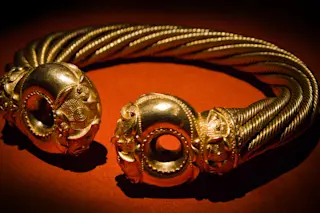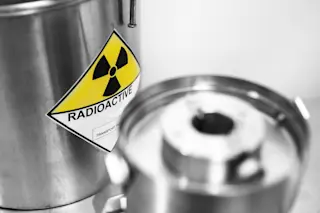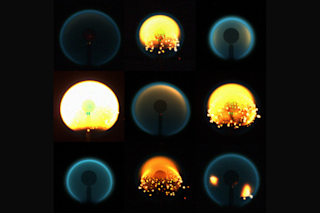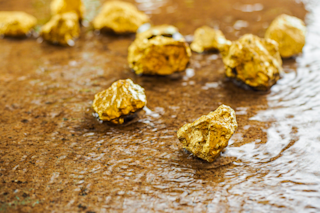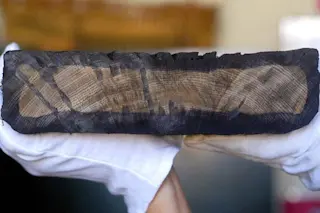Roy Plunkett was only 27 years old and had been working as a chemist at the Jackson Laboratory at E. I. du Pont de Nemours and Company for just two years when, in the spring of 1938, he made a discovery that brought him lasting fame. He had been trying to invent a new type of Freon, a class of compounds that in the 1930s were proving to be immensely useful as the principal gases in refrigerators and air conditioners. Today we call them chlorofluorocarbons, or cfcs, and know them to be a major culprit in depleting the atmosphere’s ozone layer, but back then they were miracle substances--safe, nonflammable substitutes for toxic and even explosive refrigerants. On an April morning 58 years ago, the young chemist could not have suspected that he was about to discover a material with such strange and unexpected properties that they had hardly even been ...
The Accidental Inventor
Christopher Columbus of chemists, set boldly forth to discover a new technology of refrigeration. Luckily, he screwed up and invented Teflon instead. The knack for serendipity may turn out to be the investor's most important talent.
More on Discover
Stay Curious
SubscribeTo The Magazine
Save up to 40% off the cover price when you subscribe to Discover magazine.
Subscribe

